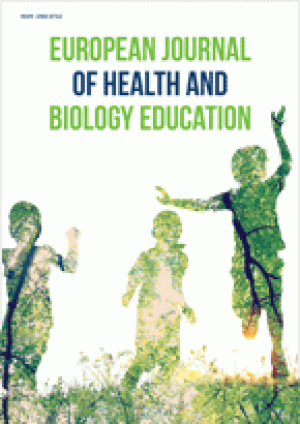Abstract
This research explores how students’ marital status and the marital circumstances of their parents influence their perspectives on romantic relationships, sexual identity, and prospective marriage. Rooted in attachment theory and social learning theory, this research examines the ways in which both experienced and observed familial interactions shape the formation of relational identity in the context of emerging adulthood. A descriptive survey methodology was used, employing questionnaires and semi-structured interviews to gather extensive data from college students. The sample of the study comprised 350 respondents, who were obtained through stratified, purposive and random sampling procedures. Independent-sample t-tests and one-way ANOVA were employed to evaluate the hypotheses by utilising the SPSS 16.0 program. Analysis revealed important links between parental divorce, marital conflict, and how open students were to non-traditional romantic paths and sexual identities. In contrast, students hailing from stable two-parent households demonstrated more traditional perspectives regarding romance and marital commitment. The results underscore the significant impact of familial context on shaping relational anticipations and the formation of identity in young adults. The discussion has implications for student counselling, relational education, and the formulation of inclusive policies in higher education.
License
This is an open access article distributed under the Creative Commons Attribution License which permits unrestricted use, distribution, and reproduction in any medium, provided the original work is properly cited.
Article Type: Research Article
European Journal of Health and Biology Education, Volume 12, Issue 1, 2025, Article No: e2509
https://doi.org/10.29333/ejhbe/17056
Publication date: 16 Sep 2025
Article Views: 685
Article Downloads: 689
Open Access References How to cite this article
 Full Text (PDF)
Full Text (PDF)